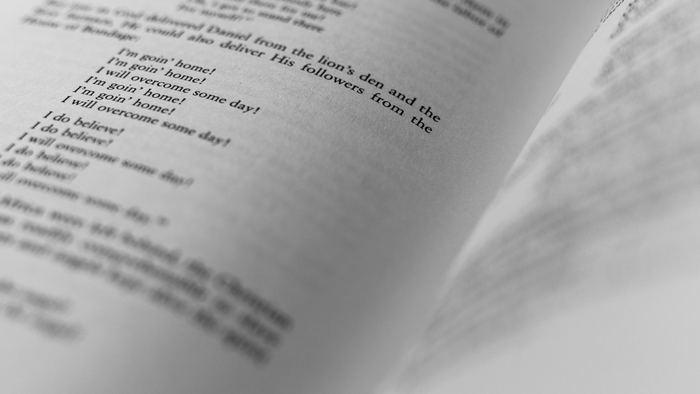
The authorship of a book, play or script involves much more than just the physical act of writing. The Court of Appeal made that point in the case of a woman who claimed to have inspired the screenplay of a successful film.
The film told the life story of a wealthy American socialite who aspired to be an opera singer. The woman, a professional opera singer, claimed that she had contributed much to the script whilst engaged in a romantic relationship with the screenwriter who was later credited by the film’s makers as its sole author.
Whilst acknowledging that her former boyfriend was the script’s principal author, she said that she had come up with the original idea, had contributed her technical musical know-how and was instrumental in the creation of characters and storyline. She launched proceedings seeking, amongst other things, recognition as the script’s co-author and a share of royalties generated by the film’s release. Her claim was, however, dismissed by a judge.
In upholding her appeal against that decision, the Court noted that, when considering whether collaboration in the creation of a literary work amounts to co-authorship, it can never be enough simply to ask who did the writing. The skill that goes into devising a plot and a panoply of other intellectual contributions can properly be seen as elements of authorship essential to the creation of a work.
The Court found that the judge had adopted an erroneous approach to his assessment of the evidence, failed to make important findings of primary fact, failed to take account of material matters and applied the wrong legal standards to the assessment of the woman’s contribution to the script. In the circumstances, the Court ordered a retrial of her claim before a different judge.